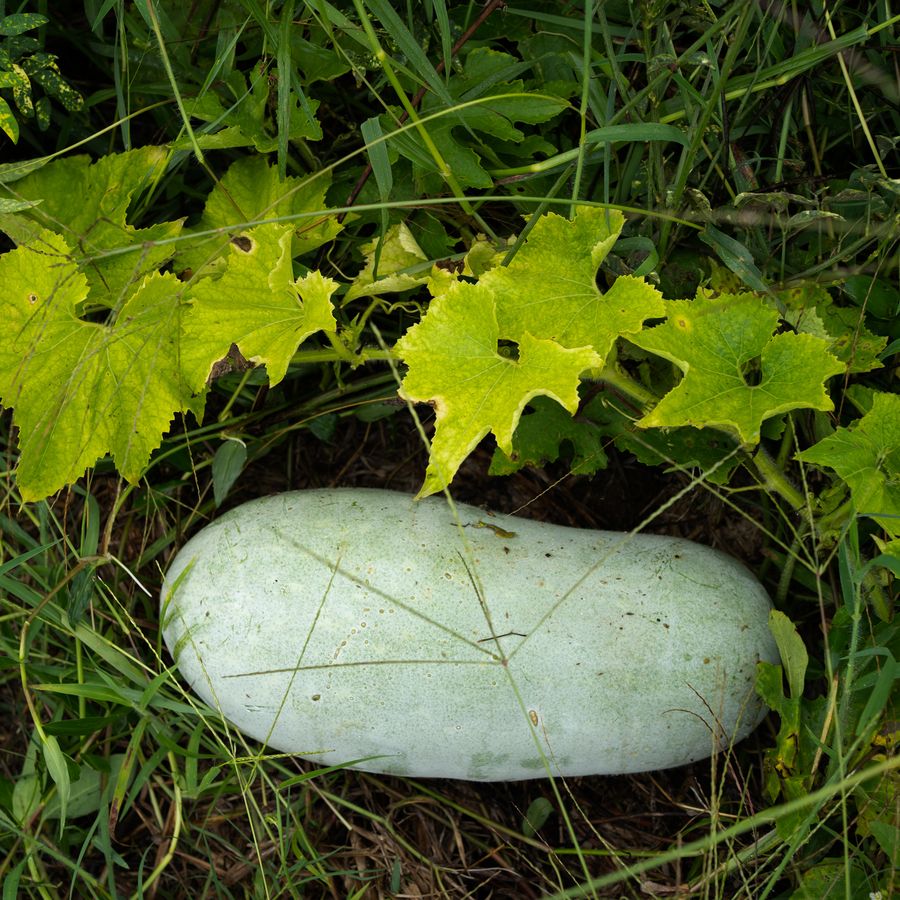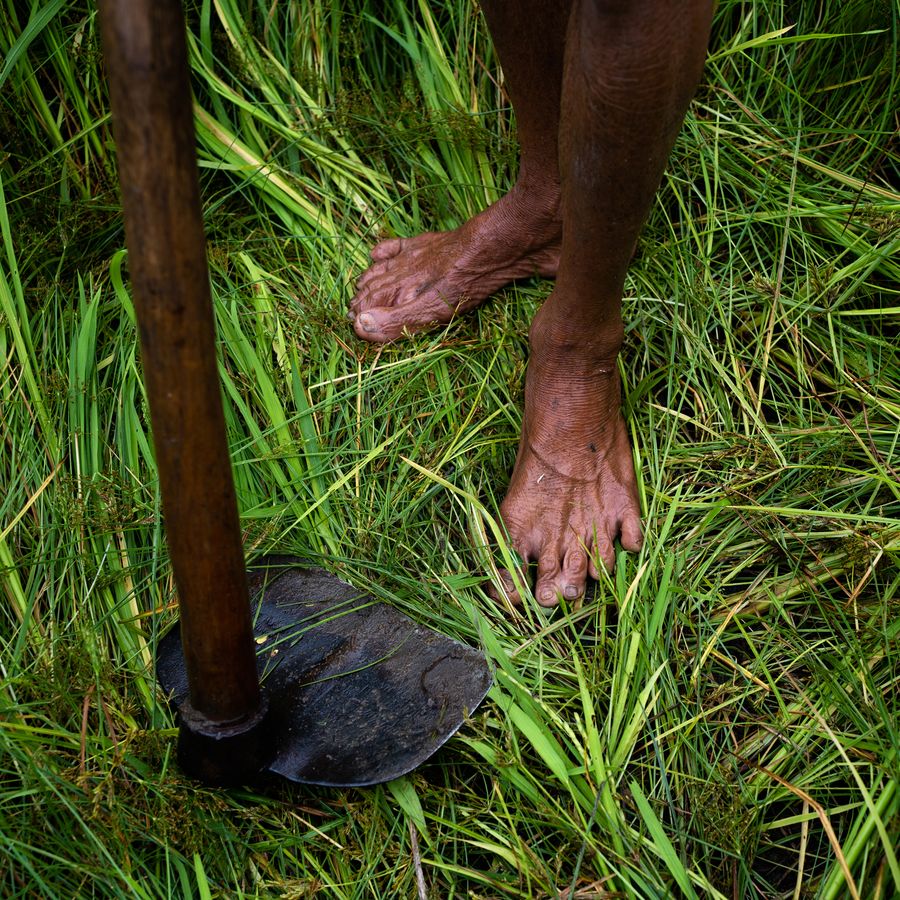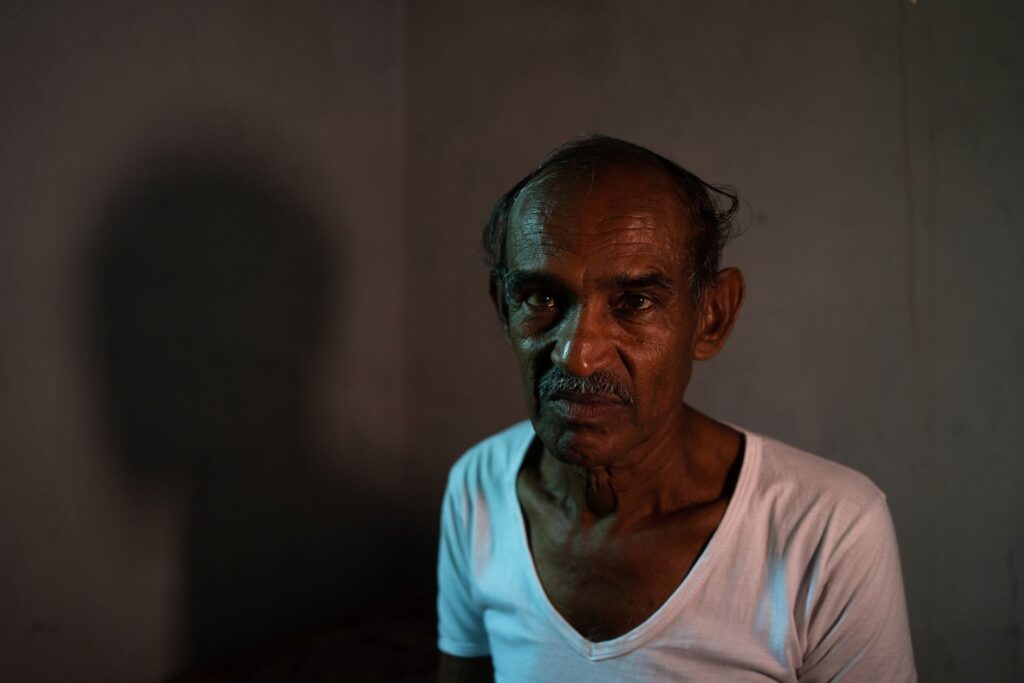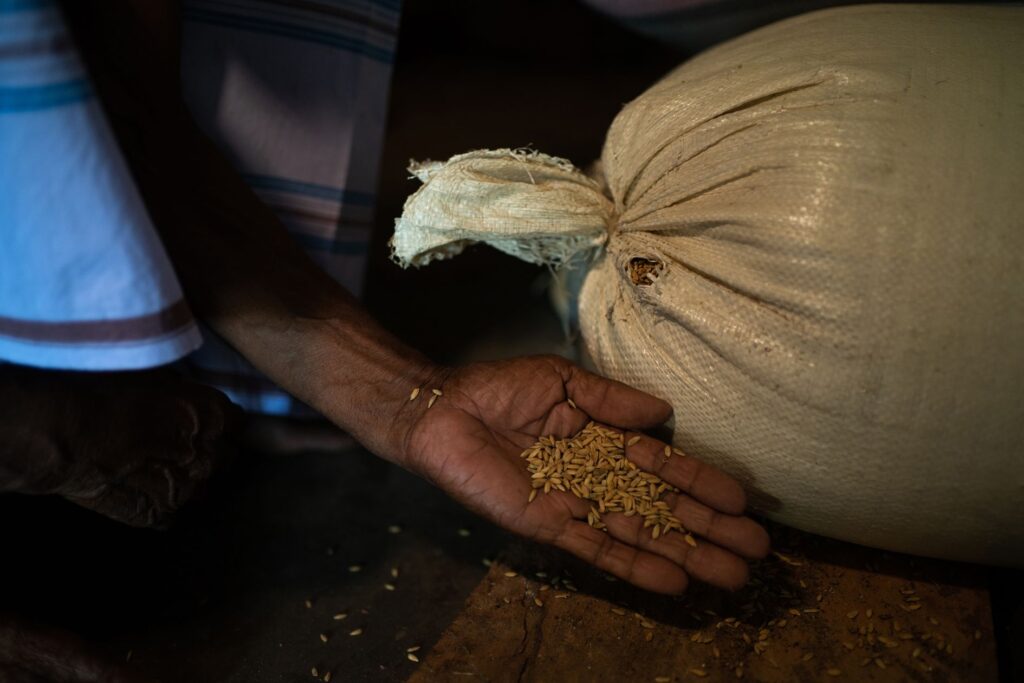BY SHEHNAZ ALI – WSJ
GALENBINDUNUWEWA, Sri Lanka—For greater than half a century, Pahatha
Mellange Jayaappu has tilled the sphere on his modest farm in Sri Lanka’s
agricultural heartland, unswayed by recurrent political and financial turmoil.
Now the 71-year-old is simply attempting to eke out sufficient of a harvest to feed his household after an abrupt ban on chemical fertilizers final 12 months devastated his crops. He says he has given up on planting for revenue.
“We have lived through armed insurrections and bad government policies,” Mr. Jayaappu stated. “This is the worst year I’ve ever seen. They have destroyed the
farmers.”
Many Sri Lankans aren’t getting sufficient to eat, and farmers and agricultural
specialists say the meals shortages are set to worsen. The authorities reversed the
ban in November and promised contemporary provides of chemical fertilizers,
however farmers stated many obtained solely a small quantity, and too late for the
present rising season.
The nationwide yield from this month’s rice harvest—certainly one of two annually—will probably be simply half the traditional degree, stated Manoj Thibbotuwawa, a meals safety professional on the Institute of Policy Studies of Sri Lanka, a Colombo-based assume tank. Yields of different main crops resembling corn and sorghum will probably be off 30% to 60%.
The island nation of twenty-two million has been within the grip of an financial
disaster lengthy within the making. Financial pressures began mounting earlier than the pandemic due to debt-fueled infrastructure spending and tax cuts that slashed authorities income. Then Covid-19 battered the tourism trade, and the conflict in Ukraine roiled international markets for meals and gas.


Without fertilizer, the 1-acre farm of Wasala Mudiyansalage Walamaga Gedera
Weerakoon Banda, 66 years outdated, not produces sufficient rice for his household, not to mention to promote. He grows quite a lot of crops now, usually going to village gala’s to promote his greens, and works as a day laborer for a bit further money. Deepti Asthana for The Wall Street Journal
The ban on imports of agricultural chemical substances took impact in May 2021,
and the rice harvest the next March was down 40%, based on authorities information. Prices soared. Sri Lanka, which had been largely self-sufficient in rice,
was compelled to make use of a few of its fast-dwindling international reserves to
import the important thing staple. Other crops, like tea, an vital foreign-exchange
earner, have additionally suffered. In May, the nation defaulted on its exterior debt.
Nearly 6.3 million Sri Lankans lack entry to satisfactory meals, the United Nations
World Food Program reported final month, and effectively over half of households
are reducing again on meals or consuming less-nutritious meals. Food inflation
crossed 90% in July, based on official information.
“Never before in modern history have we faced famine of this scale,” President Ranil Wickremesinghe stated final month.
Mr. Wickremesinghe was put in by Parliament final month after his predecessor,
Gotabaya Rajapaksa, fled the nation and resigned within the face of mass protests over gas shortages and meals costs. The new president has warned that the nation must discover a additional $300 million to import sufficient fertilizer to stop one other rice catastrophe. The subsequent crop might be sown in September.
Mr. Rajapaksa billed the ban as a nationwide shift to natural farming, however
agricultural specialists say that requires a years long transition. Opposition
lawmakers stated reducing off imports of fertilizer, which the federal government
closely subsidizes for farmers, was a shortsighted try to carry on to international
reserves.


In Anuradhapura district, a significant hub of rice farming within the northern a part of Sri Lanka, many farmers say they don’t imagine that their troubles will finish quickly. About half the farmers within the area have given up on business farming.
“Even those who cultivate the land don’t have enough to eat,” stated 66-year-old farmer Wasala Mudiyansalage Walamaga Gedera Weerakoon Banda. His 1-acre farm, which normally produces about 2,000 kilos of rice—permitting him to promote half for a revenue—now can’t produce sufficient to feed his household, he stated. He and his spouse are down to 2 meals a day, and should go to 1 if the present crop disappoints.
He has been working as a wage laborer on close by farms to make a bit further money. “We have barely any income,” he stated.
Farmers complained that the natural fertilizers that got here in the marketplace after the ban took impact had been poor high quality, full of fabric that wasn’t absolutely decomposed. And the haste of the ban left inadequate time to make their very own compost, or discover ways to farm organically.
Sanath Sisira tried sprinkling cow and hen manure onto his fields, which helped his guava crops some however had zero impact on his rice crop.
“You can’t just throw food waste into the fields,” he stated. Without chemical pesticides, he added, bugs have devoured his melon crop. He says vehicles hauling crops are trailed by flocks of crows, as they’re crawling with bugs.
The authorities started supplying chemical fertilizers at a sponsored value to farmers on Monday, and international organizations just like the World Bank have agreed to offer monetary help to purchase fertilizer, stated
W.M.D. Wanninayake,
spokesman for the agriculture ministry. The ministry can also be encouraging farmers to plant crops like corn and mung beans, which require much less fertilizer than rice.
The nation has two rice farming seasons, with the smaller crop sown in May and harvested this month. If the climate cooperates, the following planting season must be profitable, stated Mr. Wanninayake.
But first will come this month’s harvest, which many farmers say they count on to be disastrous. Mr. Jayaappu estimated his rice crop at about 200 kilos, greater than 90% beneath regular. His soybean discipline will yield about one-third of what it did in earlier years. He didn’t hassle planting corn.
Mr. Thibbotuwawa, the food-security professional, stated extra meals shortages, particularly of rice, will hit by September, requiring the federal government to import extra.
“What we need is the government to prioritize these essential foods,” he stated.
But that may imply diverting the nation’s restricted international foreign money away from different necessities resembling gas and fertilizer, placing the following rice season in additional peril.
Many small-scale farmers like Mr. Jayaappu say they may not maintain out for an additional season, particularly after taking out loans. Some discuss of going into cities for building jobs, or of their wives going overseas to work as family helpers.
Anuradhapura district in northern Sri Lanka—referred to as ‘rice bowl’ of the area—was thrown into disaster by a ban on imports of artificial fertilizer and pesticides that took impact in May of 2021.
The ban was lifted in November, however fertilizer remains to be brief. Though Sanath Sisira, 44 years outdated, stocked up when the ban was introduced, he’s rising rice on simply half an acre of his 2½-acre farm.
Farmers are diversifying their crops to make sure they will feed their households. Other crops have the benefit of being much less labor-intensive and never requiring loans to purchase fertilizer.
Farmer Pahatha Mellange Jayaappu’s 13-year-old grandson, Anupama Deshan Gunawardhena, joins in farm work like sowing and plowing—and within the sense of insecurity because the household goes via this financial disaster.
Mr. Jayaappu’s, spouse, 66-year-old Wadu Gedera Yaso Menika, says their two sons, seeing no future in farming, are working as day laborers.
Farmers, who reside in tile-roof properties with primary facilities, additionally should take care of frequent energy cuts ensuing from gas shortages, one other product of the financial disaster.
Sameera Madushanka, 30, in his agrarian store in Galenbindunuwewa village. The discover says ‘no cash loans,’ referring to buying fertilizer on credit score. The value of a bag of fertilizer peaked at greater than 25 instances its pre-ban degree.
Mr. Jayaappu stated he and his spouse have pawned practically all of her jewellery to maintain the farm operating. Costs have skyrocketed, he stated—employed labor and rented machines tripling; substandard pesticide quadrupling.
He spent the equal of $113 on a 50-kilo bag of fertilizer on the black market, which is rife with pretend merchandise. He realized as soon as he acquired residence that the fertilizer was the unsuitable form. He sprinkled it over his rice fields anyway—to no impact. During a standard 12 months, he used to earn an annual revenue of about $1,400; now he’s shedding cash.
Mr. Jayaappu’s spouse, Wadu Gedera Yaso Menika, stated the household has run via all the cash she saved from two years’ work as a housemaid in Saudi Arabia. Now she worries that they must take out extra loans to maintain planting the following season.
The 66-year-old is livid on the authorities. There isn’t any level in farming, she stated, with out good fertilizer.
“We have tried everything,” she stated. “Everything died.”
Wall Street Journal
